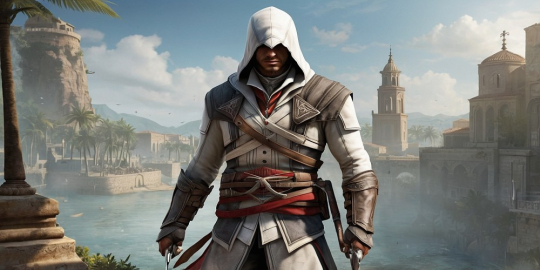
Released in November 2020, Assassin's Creed Valhalla is the twelfth major installment in Ubisoft's acclaimed Assassin's Creed series. Set during the Viking Age, the game transports players to the historical landscape of ninth-century England, where they take on the role of Eivor, a fierce Norse warrior.
Players are immersed in a richly detailed world that blends historical elements with mythological themes. As Eivor, they navigate the complex path to building a powerful Viking settlement while grappling with the mysterious legacy of the Assassin order. This mix of action, exploration, and narrative depth makes Assassin’s Creed Valhalla a standout title in the series.
Embracing the Viking Lifestyle
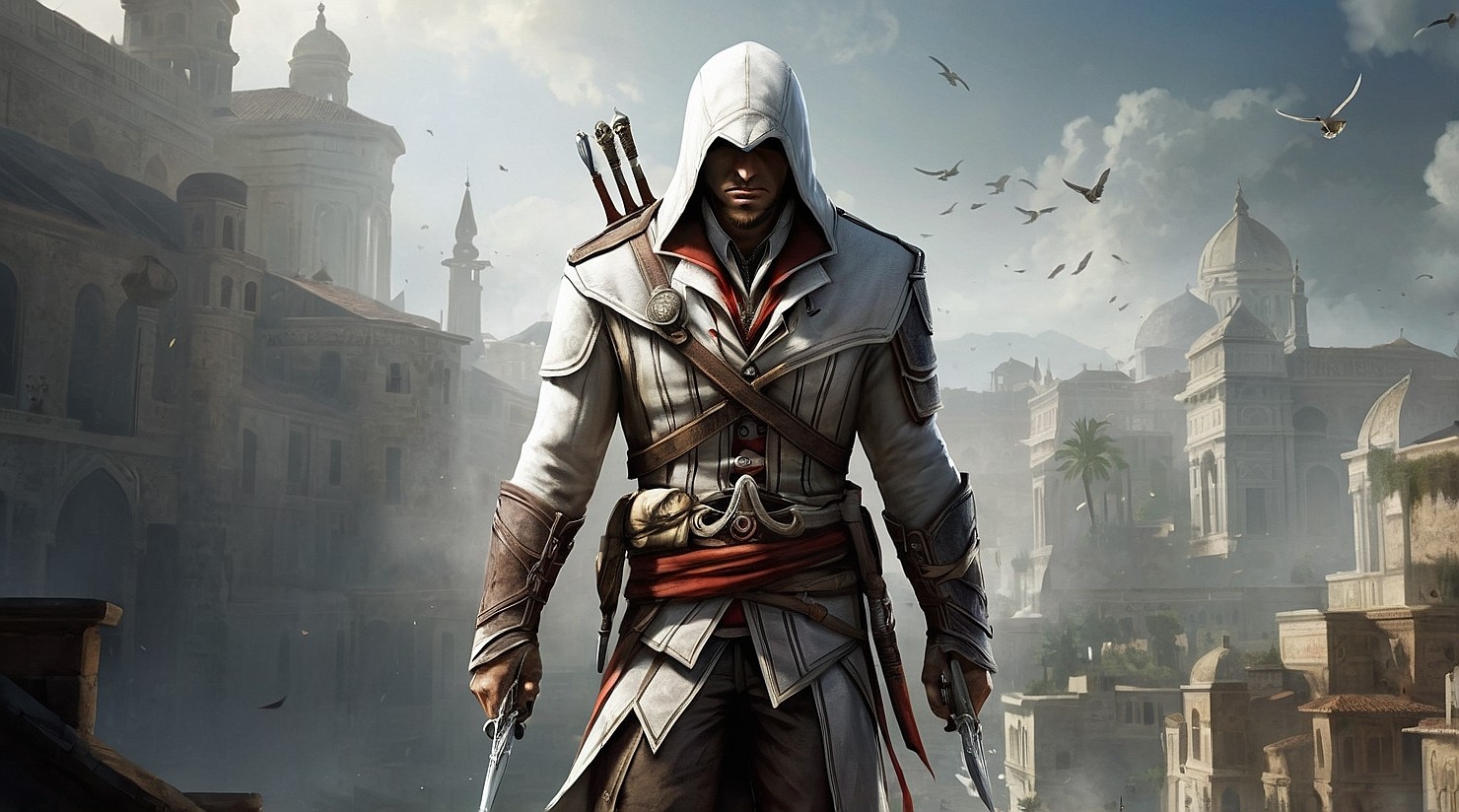
The central focus of Assassin’s Creed Valhalla is to immerse players in the Viking way of life. From the outset, players are encouraged to explore the world not just as conquerors, but as settlers forging a new existence in England. The game's rich environmental detail allows players to live out their Viking fantasies as they engage with the native lands.
Life as a Viking in Valhalla revolves around not only raiding and exploring but also the cultural and social intricacies of the time. The game offers insights into Norse mythology, helping players understand the beliefs and motivations driving their journey. This blend of lifestyle elements gives depth to the experience, ensuring that players feel part of a living, breathing medieval world.
Storytelling and Character Development
Assassin's Creed Valhalla employs a narrative that is both epic in scope and personal in nature. Eivor's journey is not just about conquest but also about personal growth and making choices that shape their destiny. This focus on character development is a hallmark of the game, offering players a deeper understanding of Eivor's motivations.
The game crafts a complex web of relationships and alliances that Eivor must navigate. Each decision affects the narrative, allowing for multiple outcomes and storylines. This choice-driven storytelling keeps players engaged, as their actions directly influence the world and characters around them, providing a unique, personalized journey with each playthrough.
World Exploration and Environment
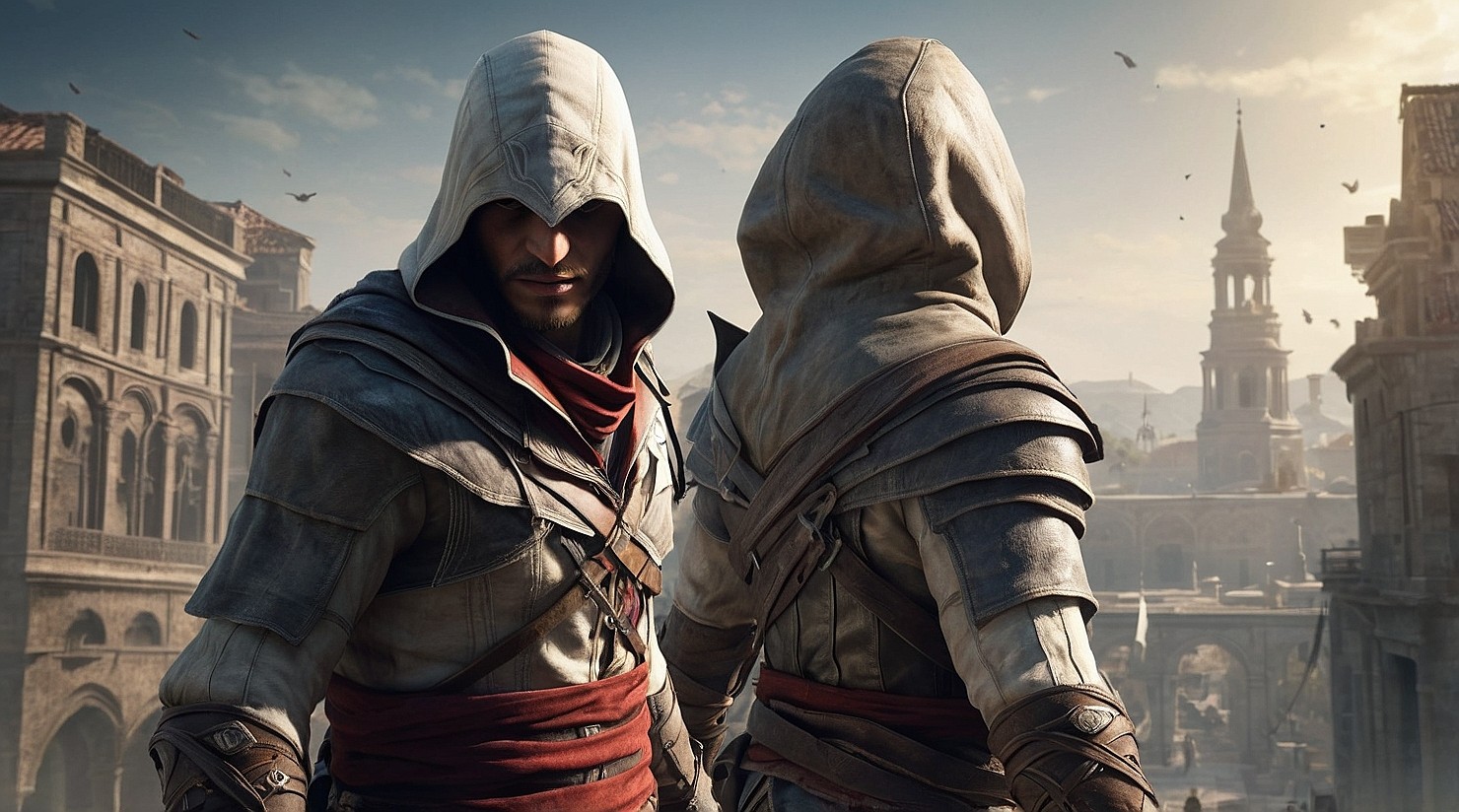
With its expansive open-world design, Assassin's Creed Valhalla offers players a vast playground filled with opportunities for exploration and adventure. From the rolling hills of England to the frigid landscapes of Norway, the game features breathtaking scenery that encourages exploration and discovery.
The environment in Valhalla is carefully crafted to reflect the historical and geographical realities of the time. This attention to detail adds a layer of authenticity to the game, making the experience feel all the more immersive. Whether traversing through dense forests or sailing along winding rivers, players are continually confronted with the beauty and challenges of the world around them.
Combat System and Gameplay Mechanics
Combat in Assassin's Creed Valhalla is grounded in realism and versatility, offering players a range of weapons and fighting styles. The game allows players to wield a variety of weapons, each with unique properties and skills. This flexibility lets players tailor their combat style to fit their preferences and effectively meet different challenges.
Additionally, the game incorporates a tactical layer where players must make strategic decisions about how to approach confrontations. Whether opting for full-blown assaults or stealthy approaches, the gameplay mechanics support diverse playstyles. This dynamic combat system ensures that every encounter is fresh and engaging.
Building and Expanding Settlements
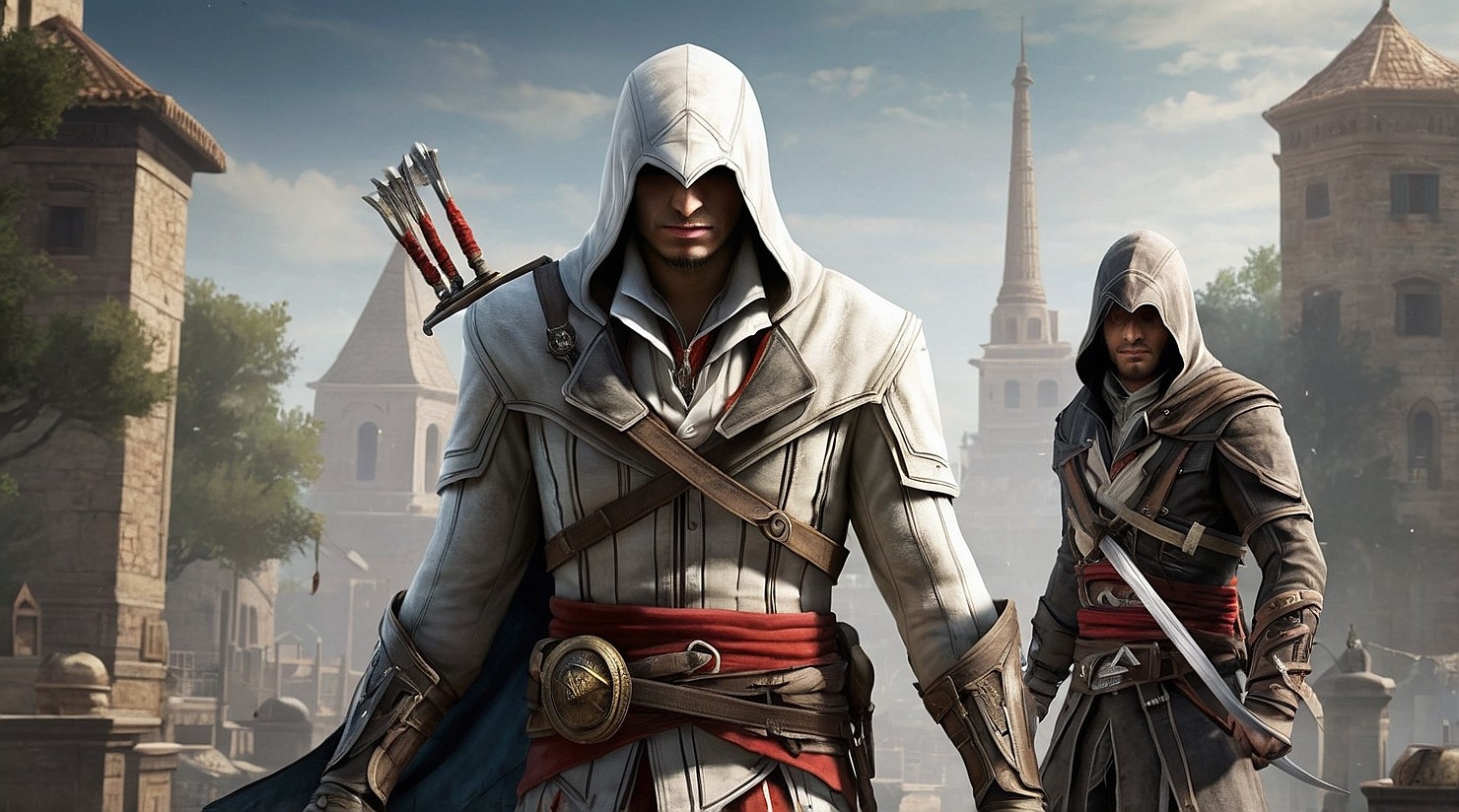
A key feature of Valhalla is the ability to develop and expand a settlement, serving as a home base for Eivor and their clan. This settlement-building aspect adds a layer of strategic gameplay, encouraging players to gather resources, upgrade facilities, and forge alliances with other groups.
The settlement isn't just a static hub; it evolves based on player decisions and the alliances formed throughout the game. This growth provides tangible rewards and new opportunities, reinforcing the sense of a living, vibrant community integral to Eivor’s journey.
Mythology and Mysticism
One of Valhalla's distinctive elements is its integration of Norse mythology and mysticism into the storyline. Myths and legends are woven seamlessly into the narrative, offering players encounters with mythological creatures and deities from the Norse pantheon.
This incorporation of myth adds a fantastical layer to the historical setting, enriching the narrative with elements of the supernatural. These mythological aspects deepen the player's connection to the world and its history, enhancing the overall gaming experience with a touch of enchantment and mystery.
Graphics and Visuals
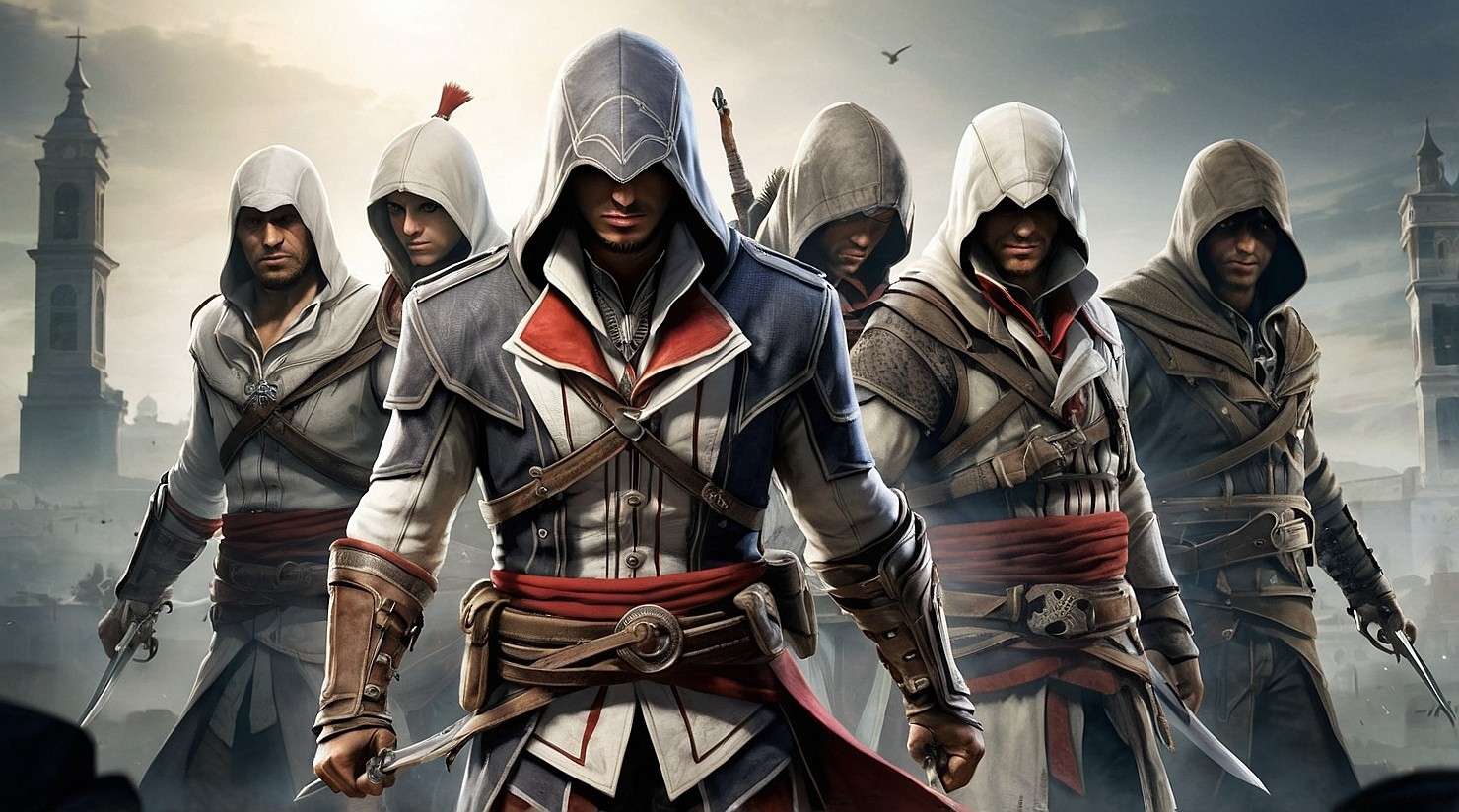
Valhalla boasts stunning graphics that bring the Viking Age to life with impressive visual fidelity. The game's attention to detail extends to character designs, environments, and special effects, ensuring a visually engaging experience for players.
With enhanced lighting effects and intricate textures, the graphics contribute significantly to the atmospheres—whether it’s the foreboding ambiance of ancient ruins or the bustling activity of a thriving settlement. This high level of detail furthers player immersion, making every aspect of the world feel authentic and alive.
Sound Design and Music
The sonic landscape of Assassin's Creed Valhalla plays a crucial role in shaping the overall atmosphere of the game. The soundtrack, composed by industry veterans, blends traditional Norse instruments with modern sounds, creating an evocative auditory experience that complements the game’s setting.
Sound effects are meticulously designed to enhance realism, whether it's the swish of an axe in battle or the gentle lapping of water against a longboat. These auditory elements combine to create an immersive soundscape that aids the storytelling, drawing players deeply into the Viking world.
Critical Reception and Cultural Impact
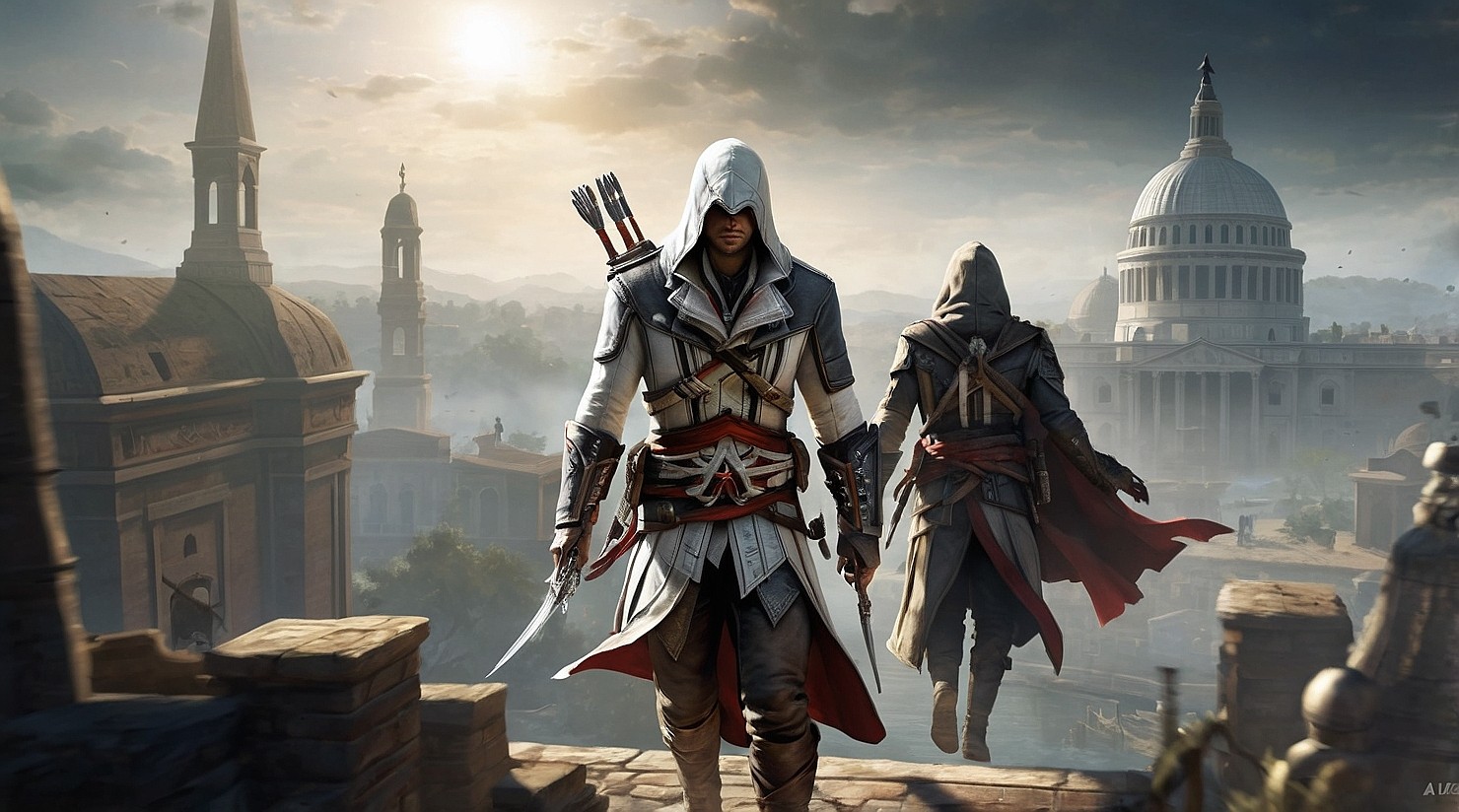
Assassin's Creed Valhalla has been met with positive critical reception, praised for its engaging story, rich world-building, and refined gameplay mechanics. It has been lauded for expanding on the core elements that have made the Assassin’s Creed series a staple in the gaming industry, while innovating within the established framework.
The game’s portrayal of the Viking era has sparked renewed interest in Norse history and culture, influencing broader media and popular perception. This cultural impact, coupled with its success, underscores Valhalla's significance not only as an entertainment product but also as a cultural phenomenon.